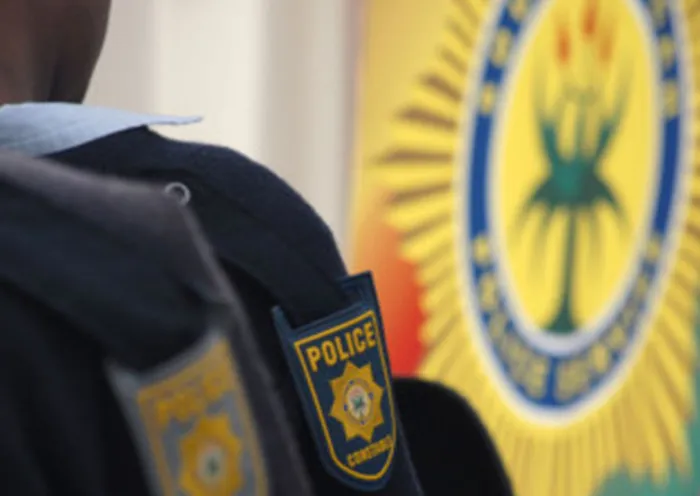Ipid 'handing probes of cops to cops'

Cape Town - 090127 - At Khayelitsha's Nonceba Hall on National Police Day there was a meeting to help organize how local organizations could assist the police in dealing with community issues. Photo by Skyler Reid. Cape Town - 090127 - At Khayelitsha's Nonceba Hall on National Police Day there was a meeting to help organize how local organizations could assist the police in dealing with community issues. Photo by Skyler Reid.
Cape Town - Members of Parliament have accused the Independent Police Investigative Directorate (Ipid) of abdicating its responsibility to investigate complaints against the police, instead relying on the SAPS to probe its own members - with predictable results.
Police oversight committee acting chairwoman Annelize van Wyk recalled a case in which a young woman had been arrested and was later found to have hanged herself, allegedly using her laces.
Her belt, which was around her waist when she was found, should have been confiscated, together with her laces, to prevent her death.
A year later, the woman’s mother had phoned Van Wyk, desperate for answers after she heard nothing from the police and received no inquires from Ipid about her daughter’s cause of death.
Van Wyk contacted Ipid’s Western Cape office, which was unaware of the case.
It was only after the intervention of former Ipid executive director Francois Beukman, following a call from Van Wyk, that it was established that the directorate had “simply [taken] the docket from SAPS and signed it off as suicide”.
There had been no investigation from Ipid, Van Wyk said.
“Your quality of investigating stinks. That is the unfortunate truth. I’m not even upset - I’m seriously worried,” she said.
She called for a “strategic analysis” of Ipid statistics, adding that SAPS appeared to be “more serious about dealing with these cases at the moment” than the police watchdog.
DA spokeswoman on police Dianne Kohler Barnard said one possible reason for the low conviction rate in complaints received by the unit was that SAPS members were expected to investigate their colleagues.
“You’re getting SAPS members investigating SAPS members, and that has never proven to be successful,” she said.
Political Bureau